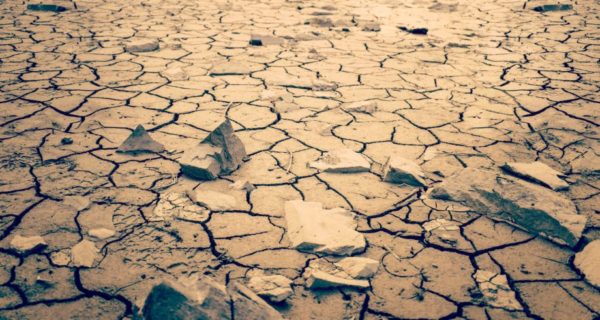“Is anyone there to help me?” he called out. Although his tongue was parched, his voice was loud and clear; in the still, deathly air, there could have been no doubt about it.
In response, the flap of a tent parted, and a black-figured woman hurried out. This was the third time during the day that she had rushed out onto the hot sands. On the two previous occasions during the day, the man that she had headed towards had gently persuaded her back into her shelter, but this time, he didn’t. He decided to let the archers, the foot-cavalry, the horse-mounted men armed with lances, the brigadiers – all – behold that it was the unarmed woman who had true grit, who possessed real courage.
She found her way to a sandy knoll and stood there, deeply anguished, as she clutched her fabric around her face.
“Is there anyone else to heed to my call?” he shouted again.
Some horses twitched, moved their necks, lifted a hoof a little as if to begin ambling over, but their riders pulled at their reins. His purpose was sure. It had a distinct, indubitable meaning: that in the future, no one – not one person, man or woman – would ever dare say that they did not know what was happening on those desert sands. No one could claim that he did not warn them of the blunder that they were intent on committing. There was no obscurity – none whatsoever – in distinguishing between light and darkness, truth and falsehood.
He reminded them that he was the grandson of Muhammad, the man who had loved him with all of his being. He reminded them that he was the son of Fatima, the daughter of that same Muhammad, and for whom Muhammad would stand up in reverence whenever she entered his dwelling. He repeated that his intention was only to call for the good – with justice and fairness for all humanity, regardless of faith or other disposition – to prohibit committing the undesirable, and to act in accordance with the conduct of Muhammad. The same conduct emulated by his father, Ali.
“Will anyone come to my aid?” he asked again.
In moments of injustice, if they did not take sides, history – perpetuity – would rightfully judge them to be on the side of the oppressors.
But his third call just bounded into the desert and like the ones before it, never to return. The only difference this time was that the response he received a moment later was the darting blur of an arrow as it hissed past his right ear.
Upon the desert plains of Kerbala, thus was marked the moment of brutal truth.
For the woman stood on the knoll; there was no doubt that the inevitable was near. The battle began to rage, and amongst the clouds of sandy dust there were the unmistakable sounds of death: metal clinking against metal; the occasional gurgle of blood or cry from a slit throat; the muted bawl from the agony of death; shouts, commands, drumming thuds from the hooves of horses; grunts of strength versus strength; determination versus determination; truth versus falsehood – Truth versus falsehood.
And then, the caller – that last man standing, out of some 72 already slain – was also brought down. The arrows, wooden parts of broken lances, and blades, already embedded in his body from the battle, only sank deeper into his flesh as he crashed to the ground.
So too did the woman’s world.
Zainab rushed towards her dying brother, Husayn.
By the time she reached him, she found Shimr – one of the brigadiers of the murderous troops – already knelt upon his chest, dagger in hand, about to sever his head off his body.
At this point, Ali’s daughter became Ali. Courage surged in her. She was no longer the same woman who had left Medina months ago. She swung around to the marauding troops and roared: “Is there no Muslim amongst you?!”
So then effectively, this was the fourth call within the last few minutes and this time from a distressed woman.
Yet again, no man budged or relented.
And then one did finally make a move. He stepped out of the file of soldiers and struck this proud granddaughter of the Prophet into unconsciousness.
This was the prelude to the long, humiliating trudge of a caravan of pride, to the courts of the governor of Kufa, and Caliph in Damascus.
Please note – you can hear an audio version of this piece via the following link: https://www.youtube.com/watch?v=qWIK9nRHE5Q
